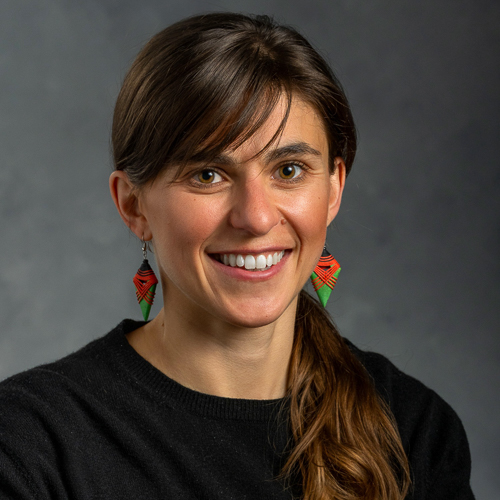Bird Bacteria is Key to Communication and Mating
Birds use odor to identify other birds, and researchers at Michigan State University have shown that if the bacteria that produce the odor is altered, it could negatively impact a bird’s ability to communicate with other birds or find a mate.
Smell is a basic sense vital for the survival of humans and animals. It warns of danger, aids in finding food, and even help communicate and find a mate. But if something interferes with the ability to smell, or more precisely with the smell itself, there can be consequences.
The researchers discovered that scents emitted by songbirds are produced by certain bacteria in preen glands. These bacteria identify a bird to other birds. If the bacteria is removed or changed, the bird will not express the correct information. The results have been published in a new paper in the Journal of Experimental Biology.
“This is the same process as in humans. We each have bacteria on our bodies that create smells like armpit odor that is unique to each person,” said Danielle Whittaker, lead author and managing director of the BEACON Center for the Study of Evolution in Action. “The odors produced by birds are unique to them and allow other birds to gain crucial information regarding the mating process. Alter that bacteria and the bird could be less attractive to potential mates.”
Birds communicate with odors to determine the stage of reproduction process, quality or hormonal state of a potential mate. Like humans putting on deodorant or perfume, birds preen by rubbing their bill over the preen gland and then rubbing the oil over their feathers and body.
The researchers injected antibiotics directly in the preen gland of dark-eyed juncos, which changed both the bacterial communities and the odors. They also cultured bacteria directly from the preen oil and measured the odors produced by the bacteria alone, which included the same odors present in preen oil.
“Bacteria can change for a number of reasons, including from the environment, infections, hormones or social interactions,” Danielle said. “This is the same for humans. Our personal smells are impacted by our microbiomes. Take antimicrobial products for instance. They seem like a great idea for staying clean until you realize they can negatively change your microbiome. The same thing goes for birds and other animals.”
MSU co-authors include doctoral student Osama Alian and Kevin Theis (now at Wayne State University.) Wayne State University and Indiana University also contributed to this study. This research was funded by BEACON and the National Science Foundation.
(Note for media: Please include a link to the original paper in online coverage: https://jeb.biologists.org/content/222/20/jeb202978)



